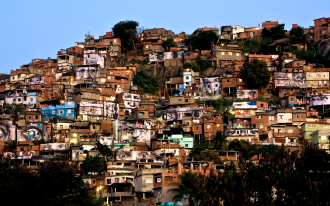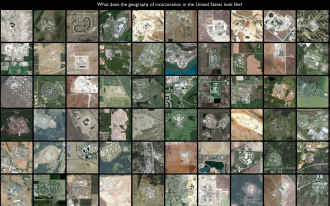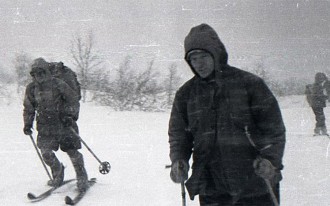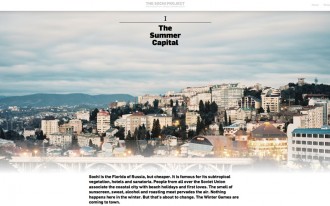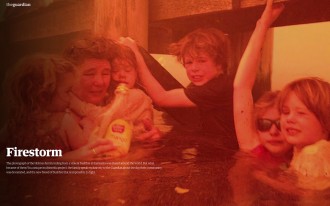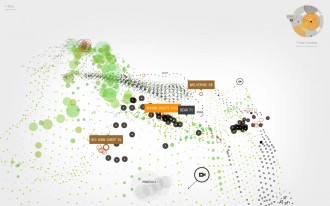Liza Faktor is a visual documentary producer and curator. She is the co-founder of Screen, a company producing and distributing visual documentary across platforms.
She was the founding director of the Objective Reality Foundation in Russia (2001-2012) and the co-founder and director of Agency.Photographer.ru (2005-2007).
Liza has produced short films, multi-channel installations and curated over 20 exhibitions, including Surveillance.01-USA (2014), Stories of Life: the best of multimedia journalism (2013), Projections of Reality (2010), Rivers of Northern Asia (2003), Kavkaz. Photographs from Chechnya 1868-2002.
She is the recipient of the Howard Chapnick award (2002) and was a member of the World Press Photo multimedia jury (2014).
Screen
The New Visual Documentary
The new visual documentary is different from what already exists in the well-defined editorial, film, broadcasting, and art contexts, both formally and aesthetically. The form can be anything really–a participatory project, multimedia journalism, a video installation, data art, or an unlikely structured short film. Coming from a traditional documentary photography background, I’m most interested in the ability to translate the complexity of documentary stories into beautiful and emotionally charged clarity.
Of course, nothing about documentary is clear. Not much has changed in the process of collecting complex stories–the storyteller (be it a photographer, filmmaker, or data artist) invests considerable amounts of time and emotion. There’s no way around it.
But today producing a complex narrative is a collaborative effort that gives the author’s voice to everyone involved in the process and results in a new language, or rather languages.
The new documentary creates opportunities to talk to specific audiences with the variety of formats–some of the groundbreaking work out there is part of larger transmedia narratives. It takes skill, focus, and guts to pick the form that serves your story best out of endless possibilities in technology and digital distribution. After all, it is the story that we remember.


